 “Let me know you, for you are the God who knows me; let me recognize you as you have recognized me.” (Augustine, Confessions x.1)
“Let me know you, for you are the God who knows me; let me recognize you as you have recognized me.” (Augustine, Confessions x.1)
Personal identity in the modern world is commonly premised on the idea of expressive individualism, that is, the idea that we find our true self by listening to our inner voice to discover and articulate our personal identity. Instead of conforming to social conventions, we give expression to our feelings and desires in order to become authentic. As noted in the previous post, expressive individualism is the underlying philosophy of the LGBT sexual revolution. [Re: The Triumph of the Therapeutic and the LGBTQ Sexual Revolution]
However, Charles Taylor warns that “taking authenticity to be the sole or chief criterion for human behavior and the main way to direct our lives raises significant concerns. The urge to self-fulfillment can lead to a shallow and destructive narcissism. And on its own, the urge to be true to ourselves ignores the social fabric of our existence. Relationships can easily become disposable if they stand in the way of self-expression: “Our ties to others, as well as external moral demands, can easily be in conflict with our personal development.” Continue reading “Identity in Christ and the Quest for Authenticity”
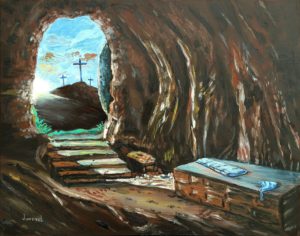
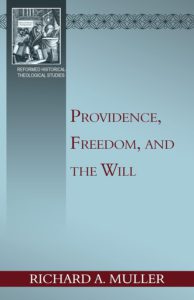 Some young Calvinists I know are not sure how to respond to their friends who reject the Calvinist doctrine of God’s foreknowledge and predestination with a self-assured declaration, “No thanks, Calvinist predestination is theologically and logically problematic. I prefer Luis de Molina’s teaching of the “scientia media or middle knowledge as it is more coherent and persuasive.” These young Calvinists become unsettled and feel intimidated by the unfamiliar terminology thrown at them. However, a simple question would dispel the Molinist’s aura of sophistication. “As a Molinist, are you then a Jesuit or an Arminian? Since you are Protestant, I conclude that you are basically rebranding old-time Arminianism by using exotic language, granted that the idea of a divine middle knowledge is at the heart and soul of the Arminian view.”
Some young Calvinists I know are not sure how to respond to their friends who reject the Calvinist doctrine of God’s foreknowledge and predestination with a self-assured declaration, “No thanks, Calvinist predestination is theologically and logically problematic. I prefer Luis de Molina’s teaching of the “scientia media or middle knowledge as it is more coherent and persuasive.” These young Calvinists become unsettled and feel intimidated by the unfamiliar terminology thrown at them. However, a simple question would dispel the Molinist’s aura of sophistication. “As a Molinist, are you then a Jesuit or an Arminian? Since you are Protestant, I conclude that you are basically rebranding old-time Arminianism by using exotic language, granted that the idea of a divine middle knowledge is at the heart and soul of the Arminian view.”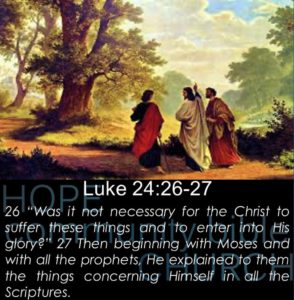
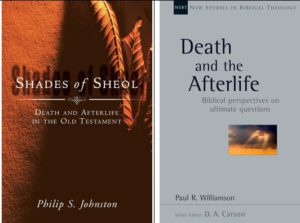

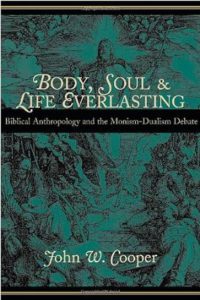
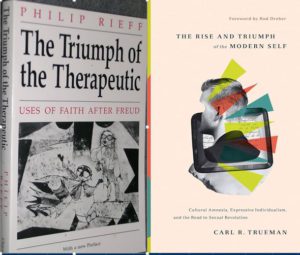 Philosophical and Social Origins of Identity Politics and the LGBTQ Sexual Revolution. Part 3.
Philosophical and Social Origins of Identity Politics and the LGBTQ Sexual Revolution. Part 3.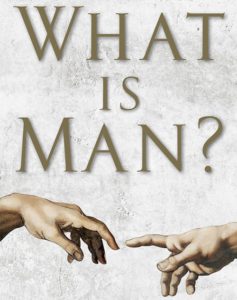
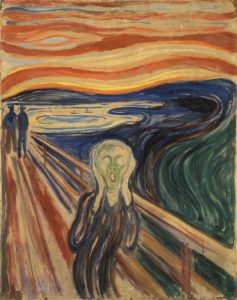 Philosophical and Social Origins of Identity Politics and the LGBTQ Sexual Revolution. Part 2.
Philosophical and Social Origins of Identity Politics and the LGBTQ Sexual Revolution. Part 2.